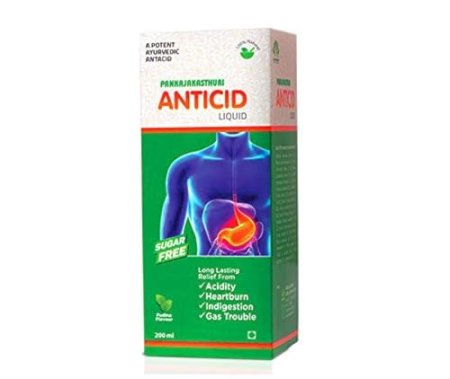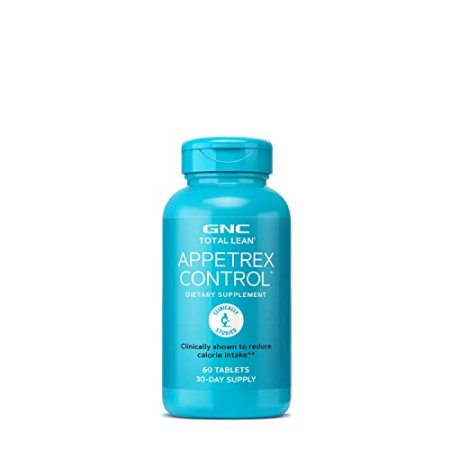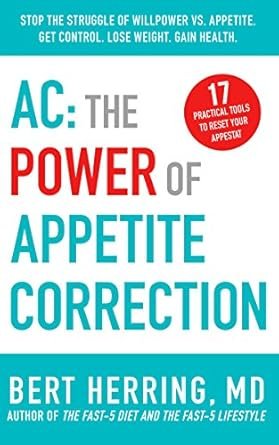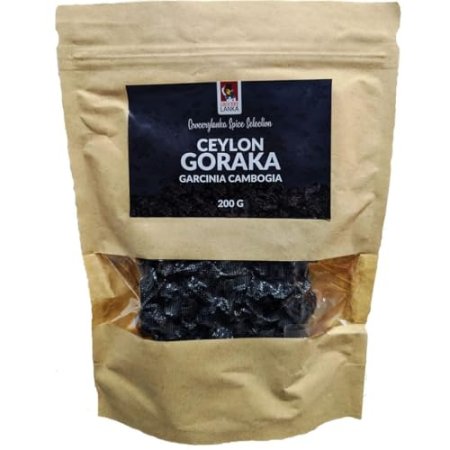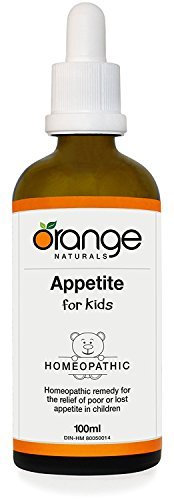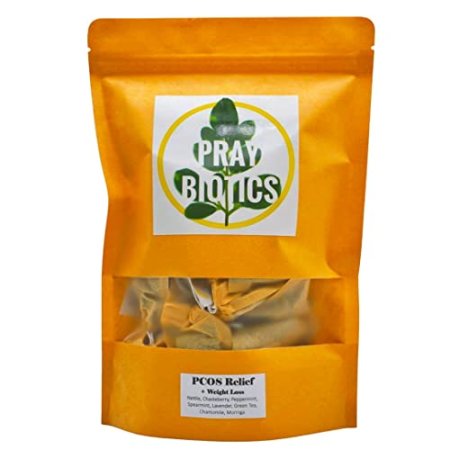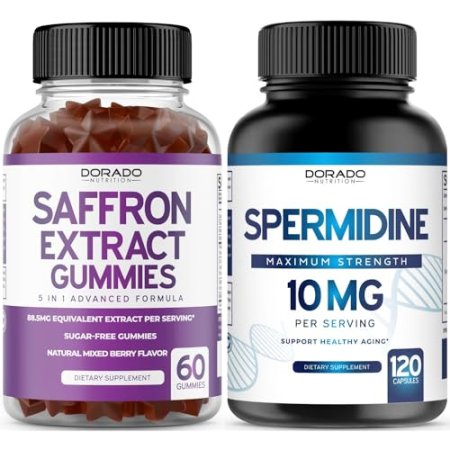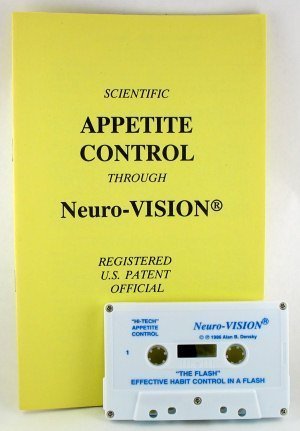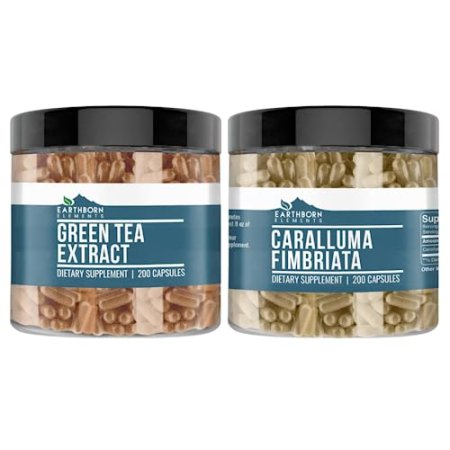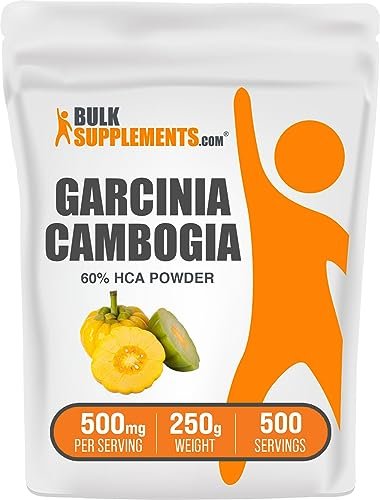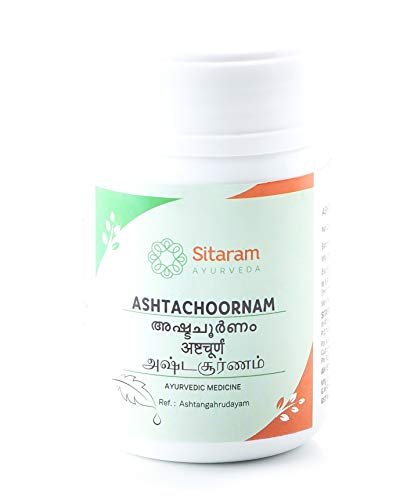Comprehensive Guide to Appetite Control & Suppressants
Understanding Appetite Control and Suppressants
What Are Appetite Control & Suppressants?
Appetite control and suppressants are substances or medications designed to reduce hunger and help individuals manage their food intake. They can be categorized into prescription medications, over-the-counter supplements, and natural or herbal options.
How Do They Work?
These products typically work by influencing the hormones or chemicals in the brain that regulate hunger. They can help you feel fuller for longer, reduce cravings, and ultimately support weight loss efforts by decreasing overall calorie consumption.
Benefits of Appetite Control & Suppressants
Supporting Weight Loss Goals
One of the primary benefits of appetite suppressants is their ability to aid in weight loss. By controlling your appetite, these products can help you adhere to a calorie deficit, which is essential for shedding pounds.
Reducing Overeating and Snacking
Appetite suppressants can also help curb the tendency to overeat or snack frequently. By making you feel satisfied with smaller portions, they can reduce the urge to reach for unhealthy snacks between meals.
Enhancing Satiety and Fullness
Feeling full and satisfied is crucial for managing your weight. Many appetite control products are designed to enhance satiety, helping you to feel content after meals and reducing the likelihood of overeating.
Types of Appetite Control & Suppressants
Prescription Medications
Phentermine
Phentermine is a well-known appetite suppressant that works by stimulating the release of certain neurotransmitters in the brain to reduce hunger. It’s usually prescribed for short-term use and can be effective in helping individuals lose weight.
Contrave
Contrave combines two medications, naltrexone and bupropion, to target different aspects of appetite control. It works by affecting the brain's reward system and appetite regulation pathways, which can help reduce food cravings.
Over-the-Counter Supplements
Garcinia Cambogia
Garcinia Cambogia is a tropical fruit extract that is often used as a supplement for weight loss. It is believed to work by inhibiting an enzyme involved in fat production and increasing serotonin levels to reduce appetite.
Glucomannan
Glucomannan is a soluble fiber derived from the konjac plant. It expands in the stomach and helps you feel full, reducing overall food intake. It is often used as a natural weight loss aid.
Natural and Herbal Options
Green Tea Extract
Green tea extract is rich in antioxidants and has been shown to have a mild appetite-suppressing effect. It also boosts metabolism, which can further support weight loss efforts.
Hoodia Gordonii
Hoodia Gordonii is a plant native to South Africa that has traditionally been used to suppress appetite. It’s believed to work by affecting the hypothalamus, the part of the brain responsible for hunger.
How to Choose the Right Appetite Suppressant
Assessing Safety and Efficacy
When selecting an appetite suppressant, it’s essential to consider its safety and effectiveness. Look for products that have undergone clinical trials or have scientific evidence supporting their claims.
Considering Possible Side Effects
Be aware of potential side effects associated with appetite suppressants. These can range from mild issues like dry mouth and constipation to more severe concerns like heart palpitations or high blood pressure.
Consulting with Healthcare Providers
Always consult with a healthcare provider before starting any new supplement or medication. They can help you determine if an appetite suppressant is appropriate for your health condition and provide guidance on proper use.
Tips for Effective Use of Appetite Control & Suppressants
Integrating with a Balanced Diet
To achieve the best results, integrate appetite suppressants into a balanced diet. Focus on consuming nutrient-dense foods and avoid relying solely on supplements for weight management.
Combining with Regular Exercise
Exercise complements appetite control by boosting metabolism and promoting overall health. Combining physical activity with appetite suppressants can enhance your weight loss efforts and improve your well-being.
Monitoring Progress and Adjusting Dosages
Track your progress and adjust dosages as needed. Regularly assess how the appetite suppressant is affecting your hunger levels and overall weight loss, and make adjustments in consultation with your healthcare provider.
Potential Risks and Side Effects
Common Side Effects
Common side effects of appetite suppressants include dry mouth, constipation, and insomnia. These effects can vary depending on the specific product and individual response.
Long-term Health Considerations
Long-term use of appetite suppressants can have potential health risks, such as cardiovascular issues or dependence. It’s important to use these products as directed and under medical supervision.
Interactions with Other Medications
Appetite suppressants can interact with other medications, potentially altering their effectiveness or causing adverse effects. Always inform your healthcare provider of any other medications or supplements you are taking.
Success Stories and Testimonials
Real-life Experiences with Appetite Suppressants
Many individuals have successfully used appetite suppressants to achieve their weight loss goals. Success stories often highlight the benefits of combining these products with a healthy lifestyle and diet.
Lessons Learned and Best Practices
Learning from others’ experiences can provide valuable insights into effective use and potential pitfalls. Following best practices, such as starting with lower doses and monitoring your body’s response, can improve your chances of success.
Conclusion
In conclusion, appetite control and suppressants can be effective tools in managing hunger and supporting weight loss. By understanding the different types available and using them appropriately, you can enhance your weight management strategy. Always consult with a healthcare provider to ensure that the products you choose are safe and suitable for your needs.
Frequently Asked Questions (FAQs)
What are the most effective appetite suppressants available?
Effective appetite suppressants include prescription medications like Phentermine and Contrave, as well as over-the-counter supplements such as Garcinia Cambogia and Glucomannan. The best choice depends on individual needs and medical guidance.
How long does it take to see results from appetite control supplements?
Results can vary, but many people begin to notice changes within a few weeks of starting an appetite control supplement. Consistent use, combined with a balanced diet and exercise, can enhance results.
Are appetite suppressants safe for long-term use?
The safety of long-term use depends on the specific product and individual health conditions. Some appetite suppressants are intended for short-term use, while others can be used longer under medical supervision. Always consult with a healthcare provider for personalized advice.
Can appetite suppressants interact with other medications?
Yes, appetite suppressants can interact with other medications, potentially causing side effects or reducing effectiveness. It’s crucial to discuss all medications and supplements with your healthcare provider to avoid adverse interactions.
What lifestyle changes should I make when using appetite suppressants?
In addition to taking appetite suppressants, incorporate healthy lifestyle changes such as eating a balanced diet, engaging in regular physical activity, and practicing mindful eating. These changes will support overall weight management and health.



